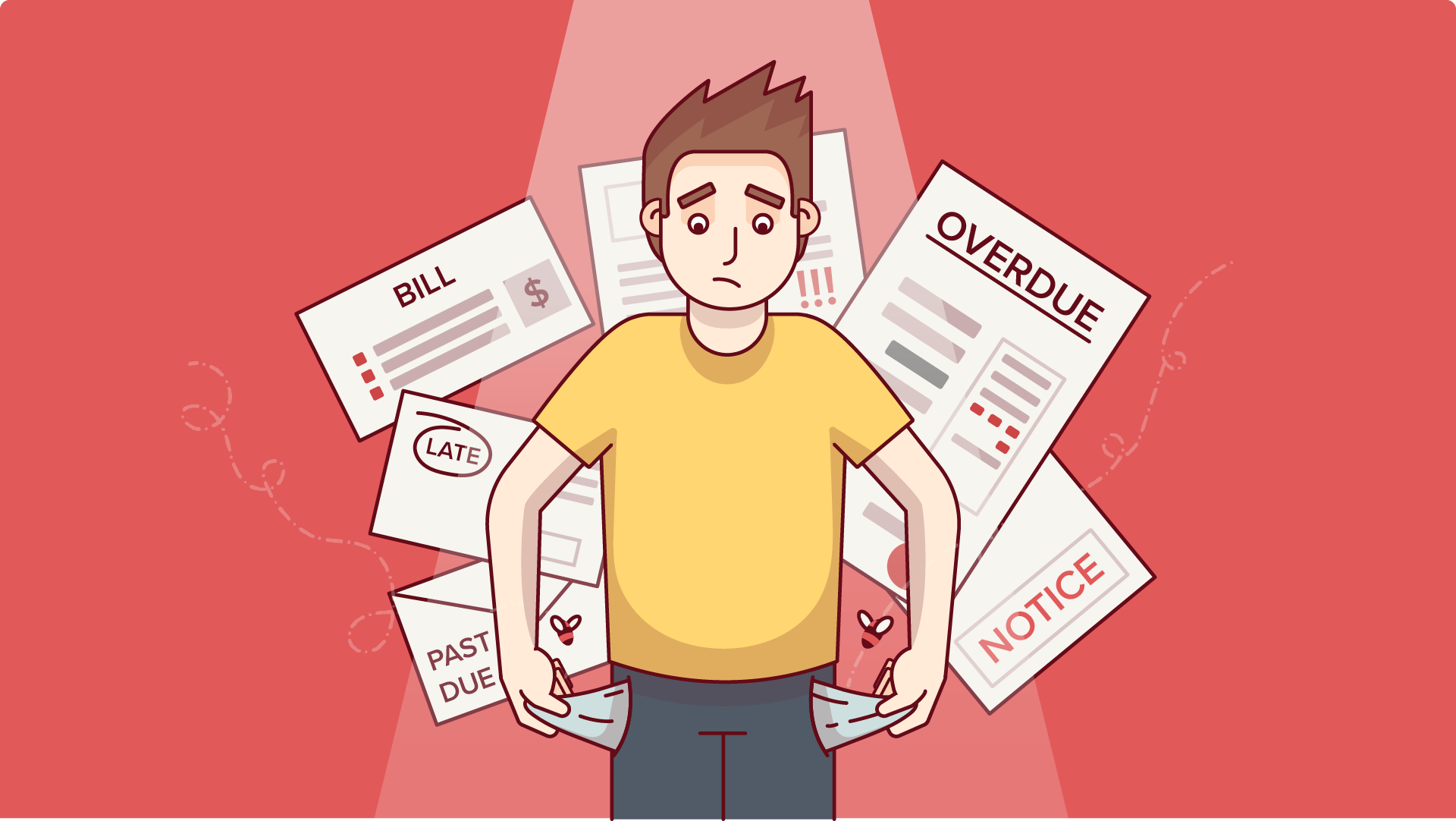Wil Schroter
Becoming a startup CEO requires zero qualifications — that's because we're often not really CEOs (for those that don't already know, a CEO is the chief executive officer of a company).
Anyone who founds a company is by default the CEO. My 9-year-old daughter incorporated her pet-sitting business and is technically its CEO. But she doesn't walk around comparing herself to Jeff Bezos.
As Founder-CEOs, we need to have a very sober outlook on our new title and as such, so do all of the people around us. After all, a successful startup CEO is responsible for more than a "company builder" — they are expected to create the company culture, form the leadership team, and keep everyone in the org moving in the right direction. We basically need to take the title with a grain of salt while we prove what job we're supposed to have.
Titled Doesn't Mean Qualified
I coach my 5-year-old son's basketball team and according to everyone, I'm the "Coach." Is that because I'm a good coach, or know anything about basketball? No. I have no clue what a Point Guard is, and I'm told that people who coach professionally apparently do.
I'm the coach because I'm the only person who stepped up to wrangle a bunch of 5-year-olds around on a Saturday morning. I didn't beat out anyone else for the job and in fact, I think a couple of these 5-year-olds could replace me.
That's the difference between having a title because we just happened to be the only one who was present and earning the job because we were exceptionally good at the role. We all get the startup Founder and CEO titles for free — but whether we later earn them is the big question.
Most Founders going at it for the first time (and still in the early stage of the startup journey) aren't versed, nor prepared, for the many responsibilities a startup needs to survive. If buzz words like customer acquisition, go to market strategy, or product market fit don't ring a bell, it's likely you may not be ready to fill the shoes of a company's CEO.

Our Fake CEO Expectations
In a Fortune 500 company, CEOs are expected to be experienced and have a track record of success. We expect that they know their job like we expect our doctor finished Med School. We hear the title and we have a certain degree of expectations.
The problem with startup CEOs is that we still have the overall expectations for that role — to lead a company to greatness — yet we don't get any reassurance that the driver at the wheel has their license. What we struggle with as startup Founders/CEOs is the expectation of operating like a CEO without any experience in doing so. Everyone around us expects us to magically have all of these skills that almost no one does when they get the gig. We're literally all figuring it out as we go.
Startup Founders of successful startups are typically very company focused and have the previous experience to claim their seat at the startup throne. That said, most startup CEOs aren't doing everything on their own. They have the right management team in place to help with employee success, and many times, a group of board members to lean on with impossible decisions (that we all know and love — NOT).

We Get the Title but Earn the Job
And that's why startup CEOs aren't really CEOs. We all get the title, but to really be the CEO, we have to earn that job. We earn the job not by going through the motions of an executive (anyone can do that), but by driving the outcomes a CEO is supposed to. We're finding the best talent, managing our finances responsibly, and building a lasting, great company.
With enough persistence and hard work, we'll hopefully get there. But we can't take that title seriously until we've put up the "wins" to say we've earned the job. Although not mentioned, this is also true for every co founder on the team.
To that end, my 5-year-old's basketball team is already 3-0 in the regular season, so I'm pretty sure I'm qualified to take Frank Vogel's job at the LA Lakers someday soon. Side note, I had to Google who the coach of the Lakers was... maybe I need a few more games.
In Case You Missed It
If We Want Power, Create Power A lot of us are used to hearing people telling us what we should and shouldn't do, what we can and cannot achieve just because these people have tried it or have been in a similar situation. What they don't realize though is what works for them may not work for you, and vice versa.
Am I Lying or Just Being Optimistic? (podcast) What if you have this strong conviction that what you're building will lead to success? What if you have this strong sense of positivity and optimism? Will it be enough to gain people's trust and continue to pour more money into your company? But what if it's just blind optimism and you're not really getting anywhere?
Startup Culture is a Reflection of the Founder Everything you do has implications and if you let instigators of negativity be, you're allowing a nasty culture to spread.
Find this article helpful?
This is just a small sample! Register to unlock our in-depth courses, hundreds of video courses, and a library of playbooks and articles to grow your startup fast. Let us Let us show you!
Submission confirms agreement to our Terms of Service and Privacy Policy.
Start a Membership to join the discussion.
Already a member? Login
In the startup world, the current CEO is not necessarily the future CEO. This indicates that you are currently in charge of the company. This person may have founded or co-founded the company, but this is not always the case. https://www.mcdvoicecom.info/